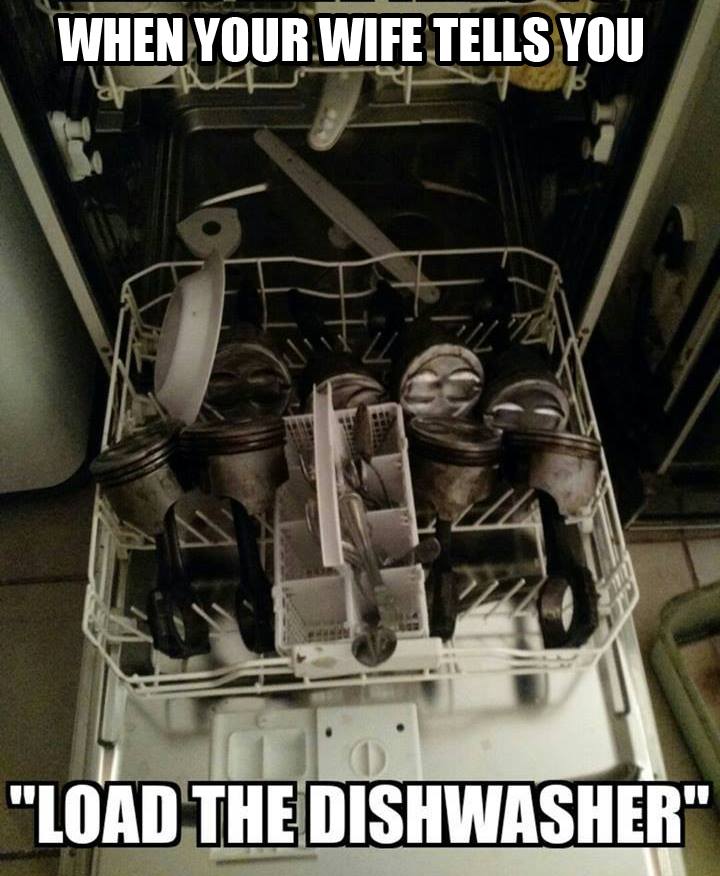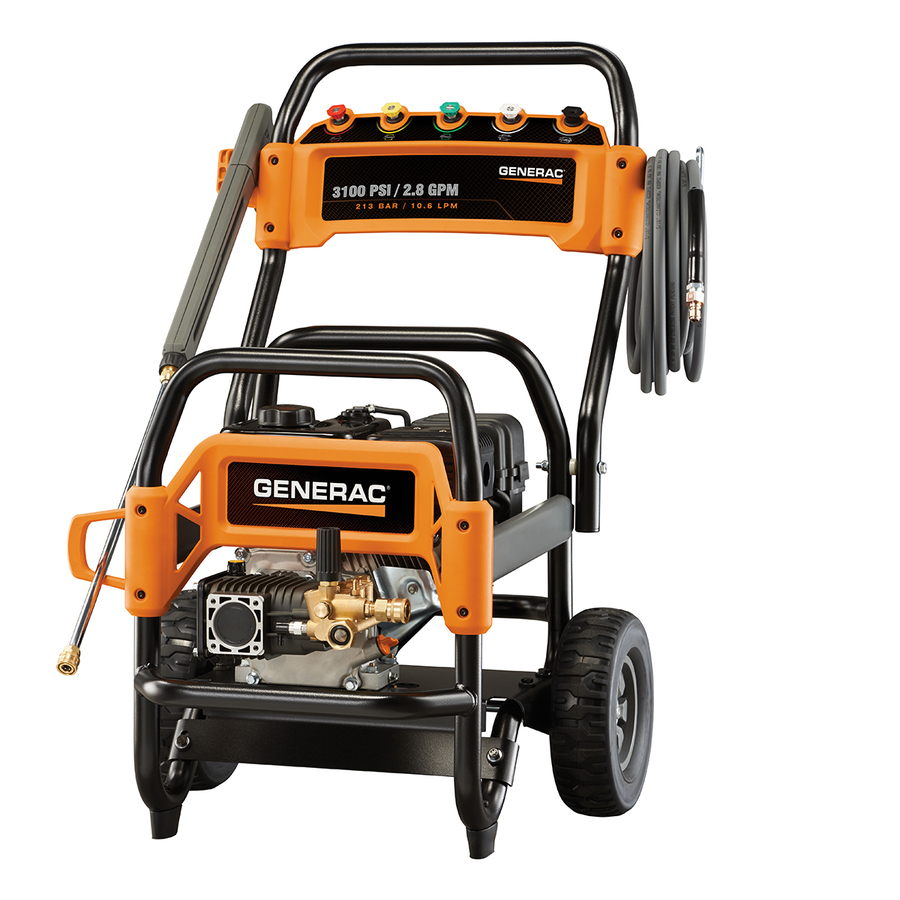JimmyDuncan
Well-Known Member
Yep. Makes senseYes the aluminum is much softer than the steel rod, same for wood. If your vise
shaft is square, then using wood would be easy, but mine is round and I don't have
4 hands to hold the rod, two pieces of wood and tighten the vise. I know that's not
a very clear statement, but if you thinking about it for a minute, it might become
clear. If it's square then the wood will sit there and if it's round it just rolls right off.
It can be done, it's just not as easy. See my picture above for a round shaft vise.




